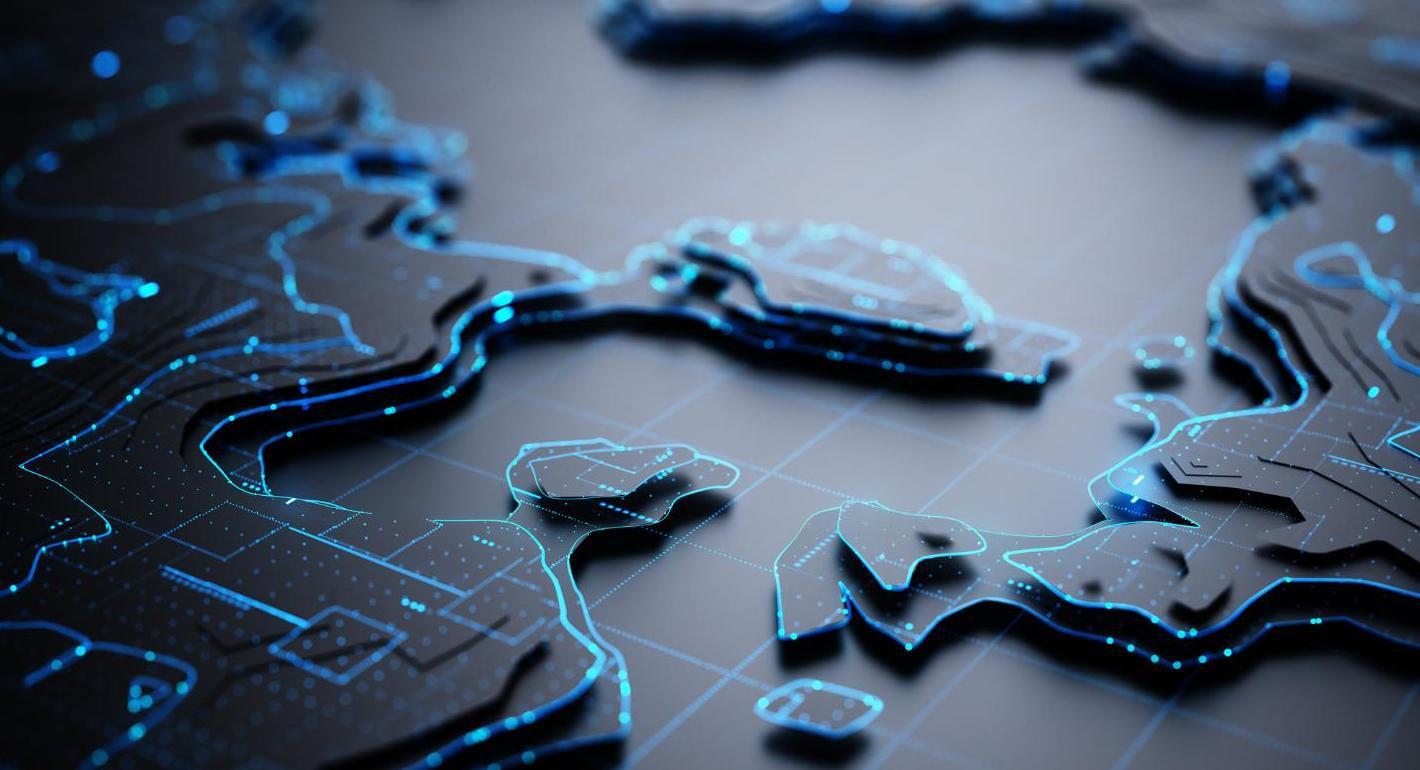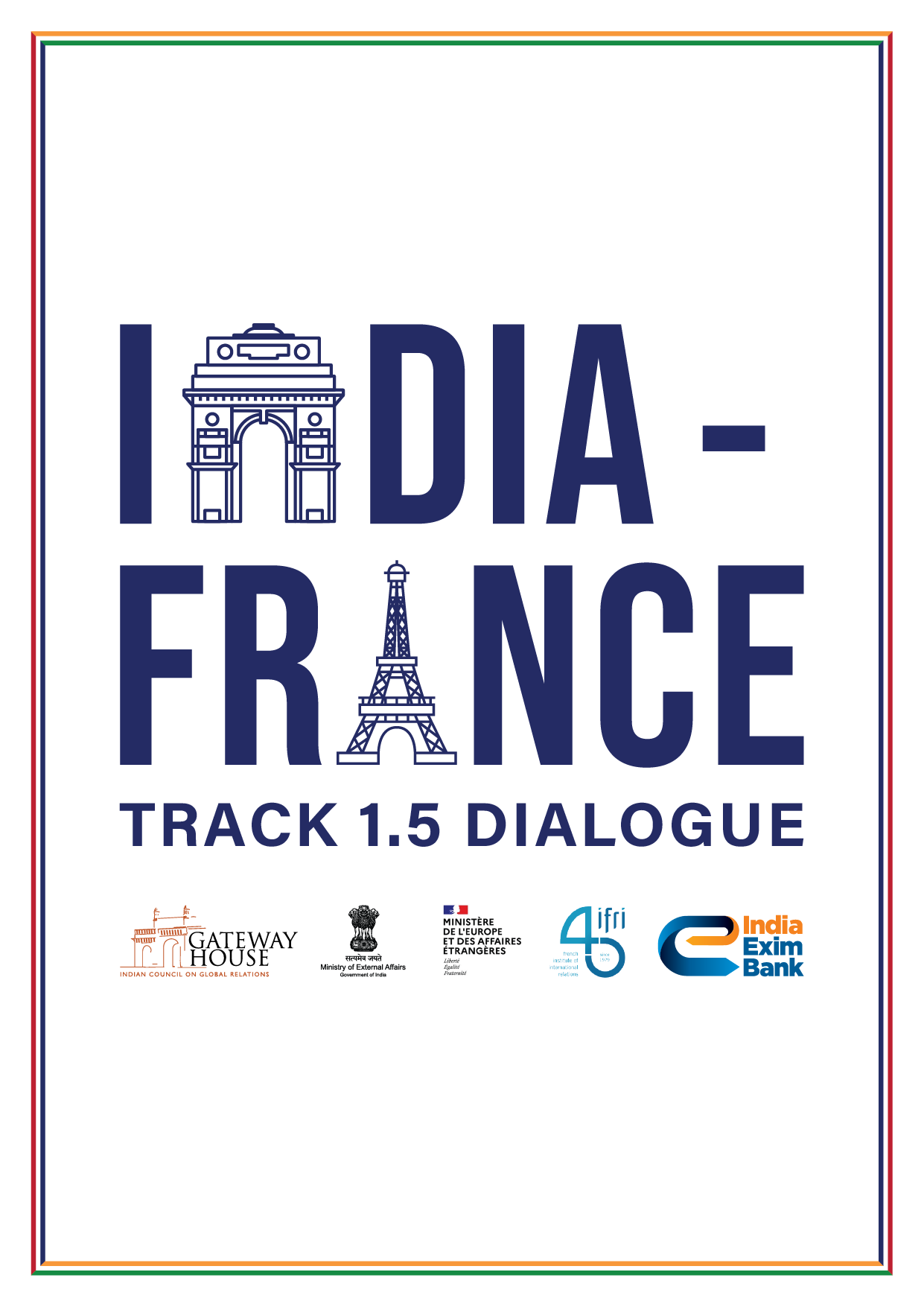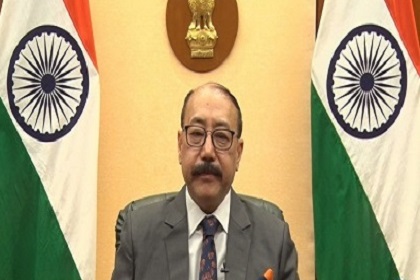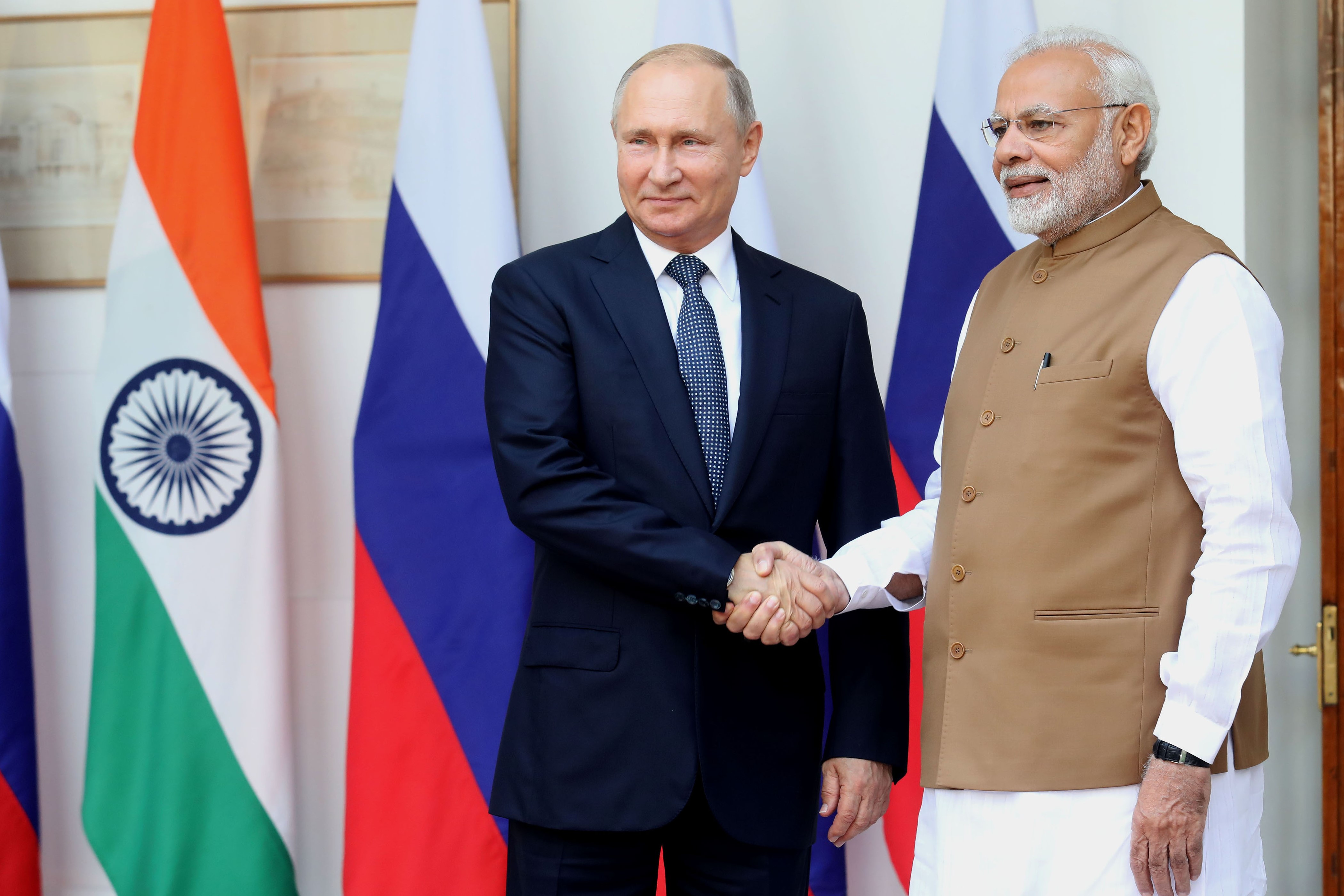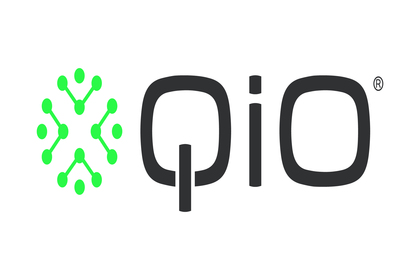Synergising DPI and digital commons
Digital Public Infrastructure (DPI) and digital commons have the potential to accelerate achievement of the sustainable development goals. Both India and the European Union recognise this: India is a pioneer in DPI, while the concept of digital commons is gaining better attention within the EU. The partners must now work towards a joint understanding of the core principles that govern digital resources.

